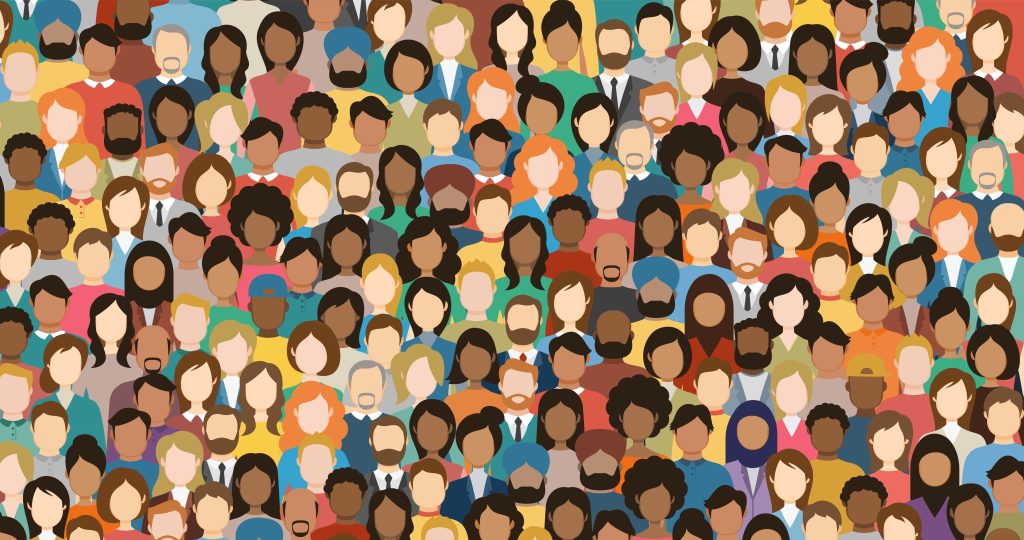Why Underrepresented?

Unequal representation of patient groups and diseases in research is both a cause and a consequence of health inequality. Underrepresented populations are underserved by healthcare and underrepresented in research for many different reasons:
- Protected characteristics such as gender or ethnicity
- Social circumstances that marginalise people such as poverty or homelessness
- Health conditions such as mental health or rare diseases
If we don’t study disease in a particular group, how do we know that our discoveries are relevant to people in that group?
HARP will be based in the ethnically-diverse East End of London, which is home to 2.5 million people from almost 100 nations of origin and where average healthy life expectancy is 57y for women compared with 70y for the highest in London. Our track-record of engagement and addressing health inequalities through research means that when new challenges emerge we can enrol representative numbers of ethnic minority participants, such as 30% in recent international Covid-19 vaccine research.
